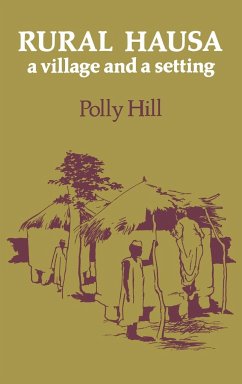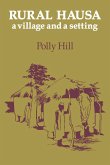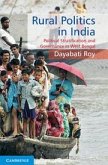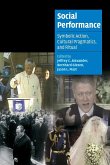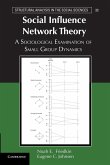There are perhaps as many as 15 million Hausa-speaking people in West Africa, most of whom live in the countryside in northern Nigeria and the neighbouring Niger Republic. Dr Polly Hill's latest book is at once an examination of the socio-economic life of a small Hausa village and a study of the way of life of the rural Hausa generally. The Commentary is an important feature of the book; it is an extended glossary of the terms and concepts employed, a repository for reference material (the book has no footnotes) and the place where much succinct generalization about rural Hausaland is attempted. The book as a whole provides a wide-ranging survey both of what is known and of what is little-understood. Very few books have been written on the rural Hausa, much of the literature consisting of scarce pamphlets and official reports; this book not only reports important research, but also surveys literature which is otherwise not generally available. The themes which emerge from this study, which is multi-disciplinary in approach, are similar to many which Polly Hill has stressed elsewhere: people do not fit into crude stereotypes and socio-economic life is always much more varied and sophisticated than superficial observers would suppose.
Table of contents:
List of tables; List of illustrations; Preface; List of abbreviations and conventions; 1. Introduction; 2. Batagarawa; 3. Fathers and sons in gandu; 4. The evidence for economic inequality; 5. Further aspects of inequality; 6. The sale of manured farmland; 7. Migration; 8. Farm-labouring; 9. Local trade in grains and groundnuts; 10. Individual poverty; 11. Individual viability; 12. Short-term stability; 13. The absence of 'class'; 14. Concluding speculations; Commentary, including Hausa glossary; Bibliography; Index.
There are as many as 15 million Hausa-speaking people in West Africa, most living in northern Nigeria and the neighbouring Niger republic. This wide-ranging survey of both what is known and what is little-understood includes a socio-economic study of life in a small Hausa village as well as a study of rural Hausa generally.
Hinweis: Dieser Artikel kann nur an eine deutsche Lieferadresse ausgeliefert werden.
Table of contents:
List of tables; List of illustrations; Preface; List of abbreviations and conventions; 1. Introduction; 2. Batagarawa; 3. Fathers and sons in gandu; 4. The evidence for economic inequality; 5. Further aspects of inequality; 6. The sale of manured farmland; 7. Migration; 8. Farm-labouring; 9. Local trade in grains and groundnuts; 10. Individual poverty; 11. Individual viability; 12. Short-term stability; 13. The absence of 'class'; 14. Concluding speculations; Commentary, including Hausa glossary; Bibliography; Index.
There are as many as 15 million Hausa-speaking people in West Africa, most living in northern Nigeria and the neighbouring Niger republic. This wide-ranging survey of both what is known and what is little-understood includes a socio-economic study of life in a small Hausa village as well as a study of rural Hausa generally.
Hinweis: Dieser Artikel kann nur an eine deutsche Lieferadresse ausgeliefert werden.

